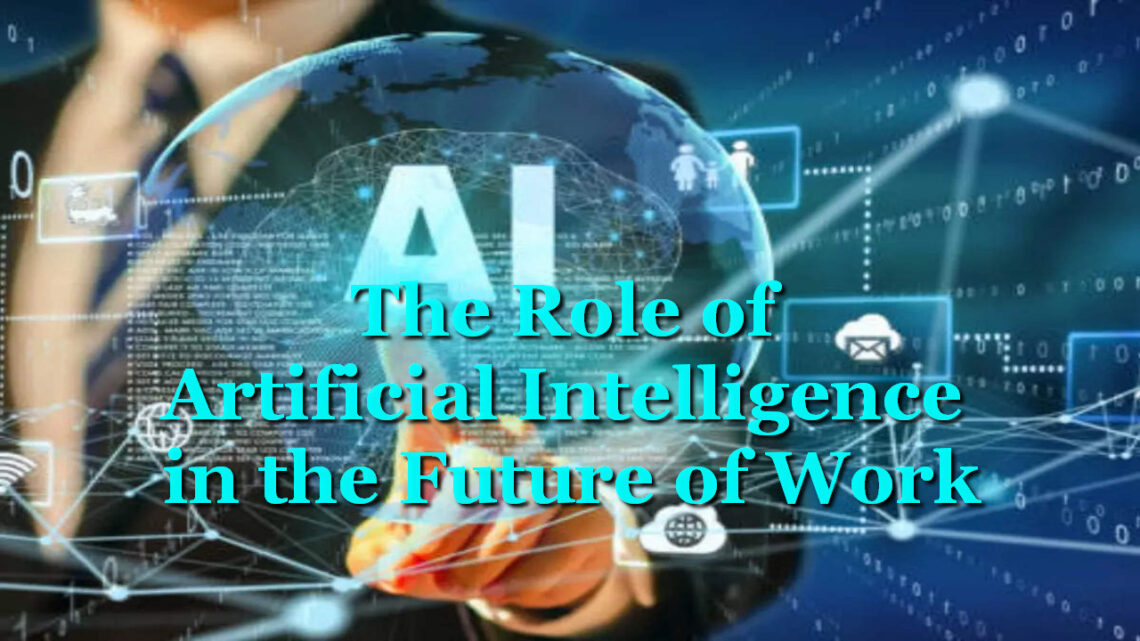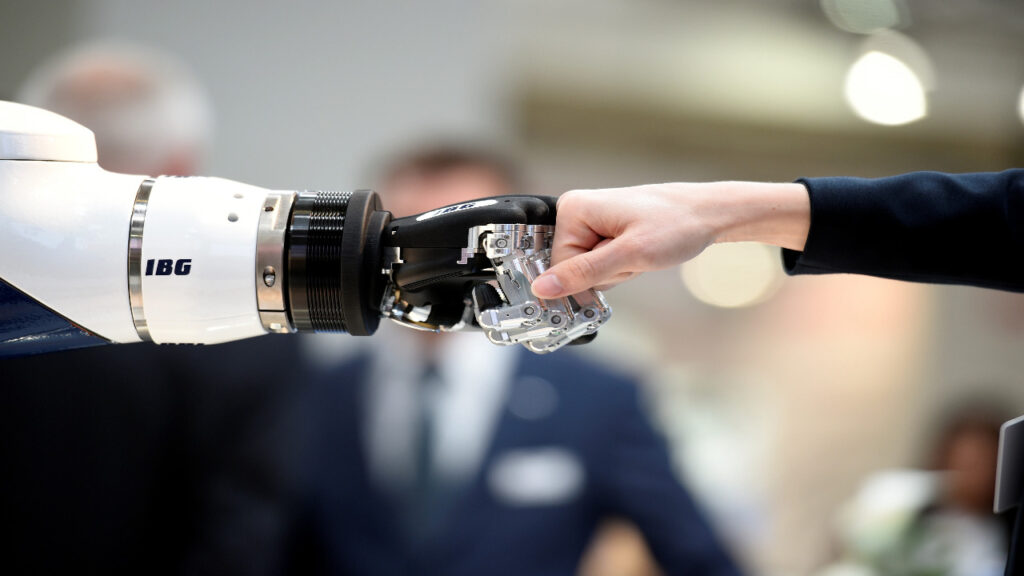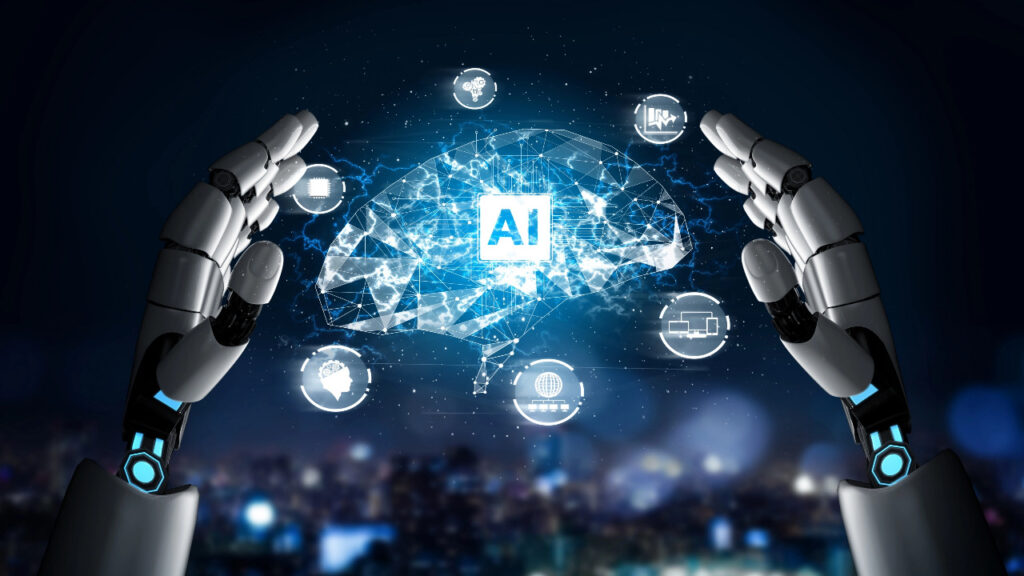
The Role of Artificial Intelligence in the Future of Work
Artificial Intelligence (AI) has rapidly evolved and made significant advancements in recent years, revolutionizing various industries and transforming the way we live and work. As AI continues to advance, it is becoming increasingly integrated into the future of work. In this article, we will explore the role of artificial intelligence in shaping the future of work and discuss three key areas where AI is expected to have a significant impact.
Automation and Task Optimization

One of the most prominent ways AI is revolutionizing the future of work is through automation and task optimization. AI-powered systems and robots can efficiently perform repetitive and mundane tasks, freeing up human workers to focus on more complex and creative endeavors. With AI, businesses can streamline operations, enhance productivity, and reduce costs by automating various processes. For example, in the realm of payroll management, AI can automate the calculation and processing of salaries, ensuring accuracy and efficiency. Employees can simply check the stub to review their earnings and deductions, saving time and eliminating the need for manual calculations.
In manufacturing industries, AI-powered robots can assemble products, carry out quality control, and handle logistics. In customer service, AI chatbots can interact with customers, answer frequently asked questions, and provide support, reducing the workload on human agents. Additionally, AI algorithms can analyze vast amounts of data and generate valuable insights, enabling companies to make data-driven decisions and optimize business strategies.
Augmented Intelligence and Decision Making

AI is not just about replacing human workers; it also plays a crucial role in augmenting human intelligence and decision-making capabilities. Through advanced analytics and machine learning algorithms, AI systems can process and analyze massive amounts of data, identifying patterns and trends that humans may overlook. This enables professionals across various domains to make more informed decisions and solve complex problems.
In healthcare, AI algorithms can assist doctors in diagnosing diseases, recommending treatment plans, and predicting patient outcomes based on historical data. In finance, AI-powered algorithms can analyze market trends, assess risks, and provide personalized investment advice. AI can also assist in talent acquisition and management by analyzing resumes, conducting interviews, and identifying the best candidates for specific roles.
Skill Enhancement and Reskilling

As AI technology continues to advance, it is reshaping the skill requirements in the job market. While AI may automate some tasks, it also creates new opportunities and demands for specific skills. To thrive in the future of work, individuals need to acquire and develop skills that complement and work alongside AI technologies.
AI can facilitate skill enhancement and reskilling efforts by providing personalized learning experiences. Adaptive learning platforms powered by AI algorithms can assess individual learning needs, tailor educational content, and provide real-time feedback to help individuals acquire new skills efficiently. Additionally, AI-powered virtual reality (VR) and augmented reality (AR) simulations can provide immersive training experiences, allowing individuals to practice and develop their skills in a risk-free environment.
Conclusion
Artificial intelligence is poised to play a pivotal role in shaping the future of work. Through automation and task optimization, AI can improve efficiency, reduce costs, and free up human workers to focus on more value-added activities. Augmented intelligence and decision-making capabilities empower professionals to make better-informed choices, leveraging AI’s ability to process and analyze vast amounts of data. Furthermore, AI facilitates skill enhancement and reskilling, helping individuals adapt to the changing demands of the job market.
While AI brings numerous benefits, it is essential to address potential challenges such as job displacement and ethical considerations surrounding the use of AI in the workplace. Collaborative efforts between governments, organizations, and individuals are necessary to ensure that AI is harnessed responsibly and in a manner that benefits society as a whole.
As the future unfolds, the role of AI in the workplace will continue to evolve, presenting both opportunities and challenges. By embracing AI technology and proactively preparing for the changing landscape, individuals and organizations can navigate the future of work with confidence, leveraging AI’s potential to drive innovation, productivity, and overall societal progress.



